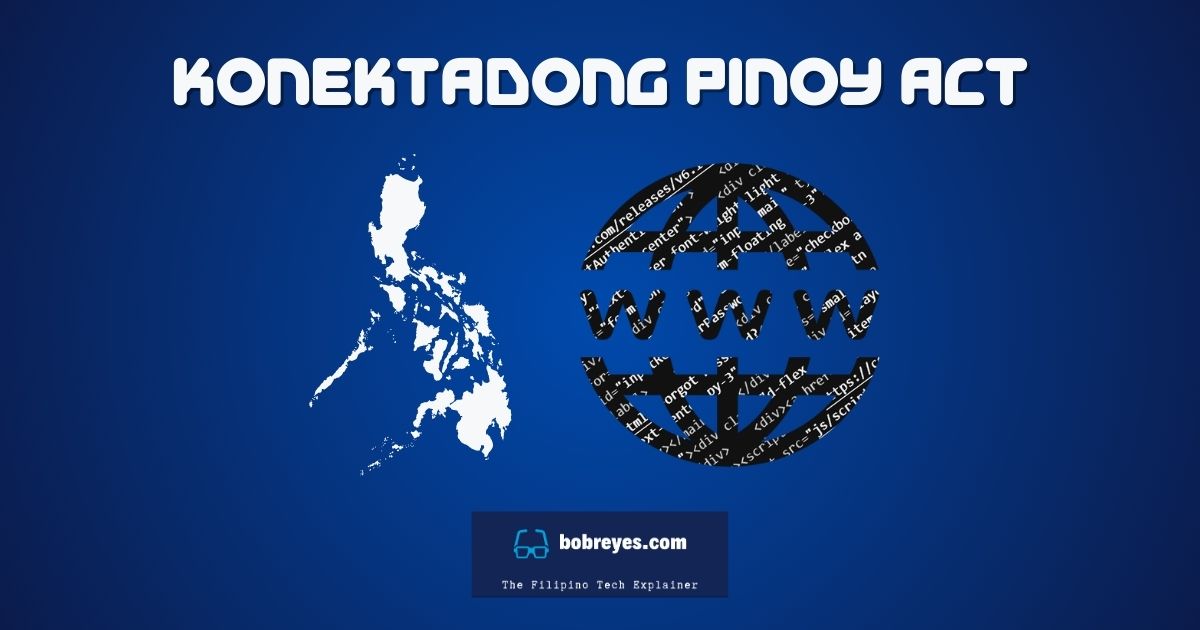Consumer rights advocates, industry leaders, and government officials have thrown their support behind the proposed Konektadong Pinoy Bill, a landmark piece of legislation aimed at removing long-standing barriers to internet connectivity and empowering smaller players in the telecommunications industry.
At the heart of the national conversation is the call for broader, more affordable, and inclusive access to Internet services — especially for underserved communities. During the recent policy conference titled “Konektadong Pinoy: A Pro-Filipino, Pro-Consumer, Pro-Competition Connectivity Law”, held on 28 March 2025 in partnership with the UP Law Center, grassroots groups like the Samahan ng Nagkakaisang Pamilya ng Pantawid (SNPP) made an impassioned plea for meaningful digital inclusion.
“We are in the AI generation — but still disconnected. It’s painful for us that we can’t give what our children need for their schooling… because there’s no (Internet) connection. We don’t want limited — we want limitless,” according to SNPP Vice-President Melanie Cervantes. Representing families under the 4Ps (Pantawid Pamilyang Pilipino Program), Cervantes recounted the painful experiences of many parents during the COVID-19 pandemic who were unable to support their children’s online learning due to poor or nonexistent internet access.
Cervantes’ testimony reflects a deeper issue plaguing the country’s digital development. World Bank data reveals that about 19,000 barangays — or 45.5% of all barangays nationwide — still lack internet access. Meanwhile, a report by the International Telecommunications Union (ITU) showed that the Philippines ranks among the most expensive in ASEAN for fixed broadband, with costs at 10.1% of the average gross national income (GNI) per capita — significantly higher than Vietnam’s 2.3% and Indonesia’s 4.9%.







One of the root causes is the Philippines’ unique regulatory hurdle: it is the only country in the world that requires a legislative franchise to operate a data transmission network. This requirement severely limits competition and discourages investment, particularly in remote and rural areas.
The Konektadong Pinoy Bill (Senate Bill No. 2699), certified urgent by President Ferdinand Marcos Jr. in January 2025, seeks to eliminate this outdated policy. Passed on third reading in February 2025, the proposed law introduces sweeping reforms that would liberalize the data transmission sector by lifting the legislative franchise requirement, easing the entry of small and medium-sized players, and promoting infrastructure sharing among providers.
Key features of the bill include:
- Enhanced competition by empowering over 1,000 small and local ISPs to enter the market
- Improved spectrum management and streamlined permitting processes
- Mandatory cybersecurity standards and network resilience requirements
- Stronger protections for consumer rights and data privacy
The measure has earned the endorsement of numerous government agencies, including the National Economic and Development Authority (NEDA), Department of Information and Communications Technology (DICT), Philippine Competition Commission (PCC), Bangko Sentral ng Pilipinas (BSP), Commission on Human Rights (CHR), and the Anti-Red Tape Authority (ARTA).
Momentum for Konektadong Pinoy continues to build. On 25 April 2025, the Internet and Technology Association of the Philippines, Inc. (ITAP) held its 2nd General Assembly in Cebu City with the theme: “Konektadong Pinoy: Abot-Kamay Na! Small Players Susi sa Bayang Digital.” The event puts a spotlight on how community-based ISPs and tech innovators can be key to closing the digital divide and bringing affordable connectivity to every Filipino.


The first day of the ITAP 2nd General Assembly was graced by distinguished leaders and advocates from both government and civil society, highlighting the significance of inclusive digital transformation. Among the notable attendees were Undersecretary Glenda Rumohr and former Undersecretary Krystal Uy from the National Economic and Development Authority (NEDA), Maria Victoria Castro, Director of the National ICT Policy, Planning and Standards Bureau of the Department of Information and Communications Technology (DICT), and Mary Grace Mirandilla-Santos, a respected independent ICT policy researcher. Also present were Benjz Gerard Sevilla of Unconnected.org and Robert Reyes representing Mozilla Philippines, each lending their voice in support of more accessible and equitable Internet connectivity for all Filipinos.
With growing support from stakeholders across the public and private sectors, the Konektadong Pinoy Bill represents a pivotal opportunity for the Philippines to break free from outdated telecommunications policies and move toward a more inclusive and competitive digital future.


